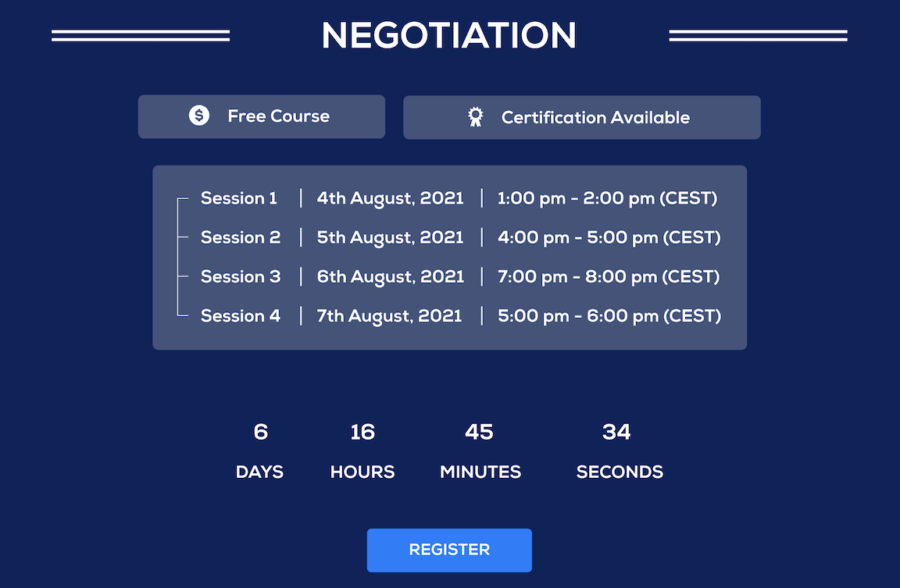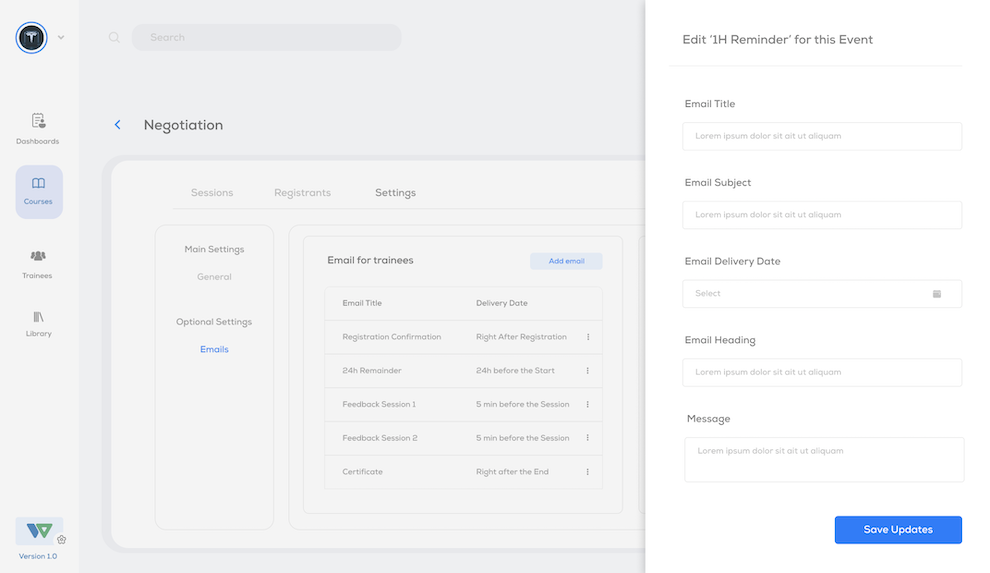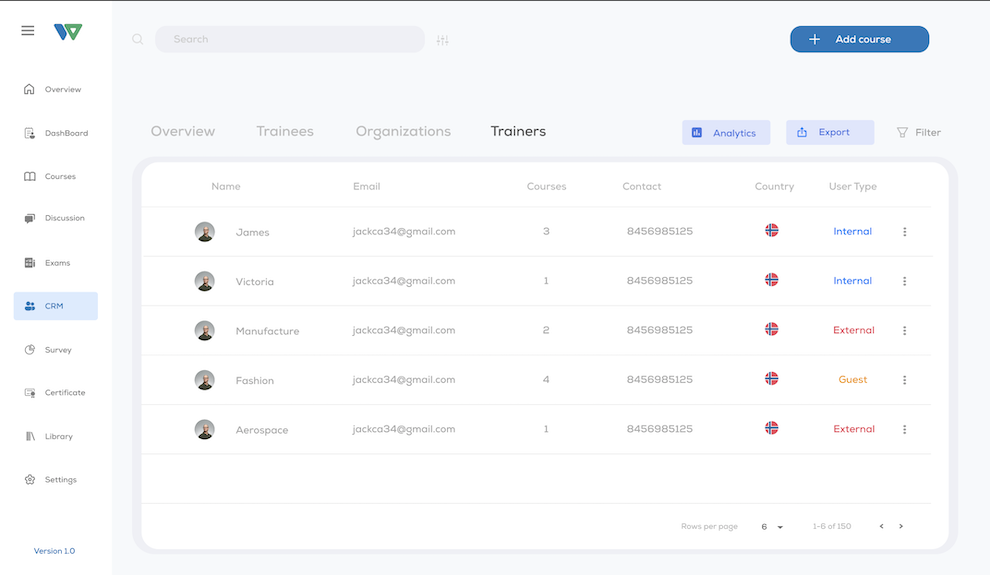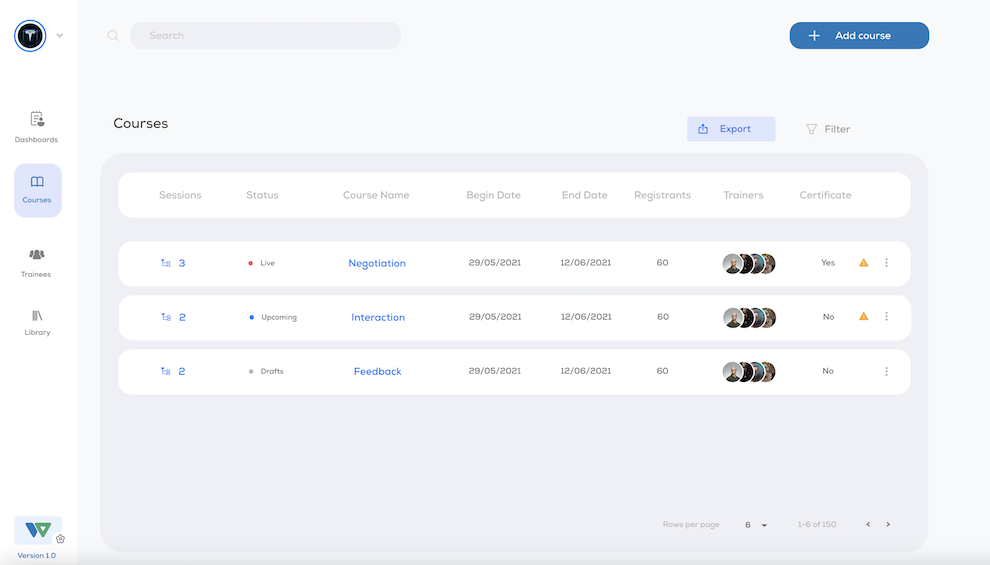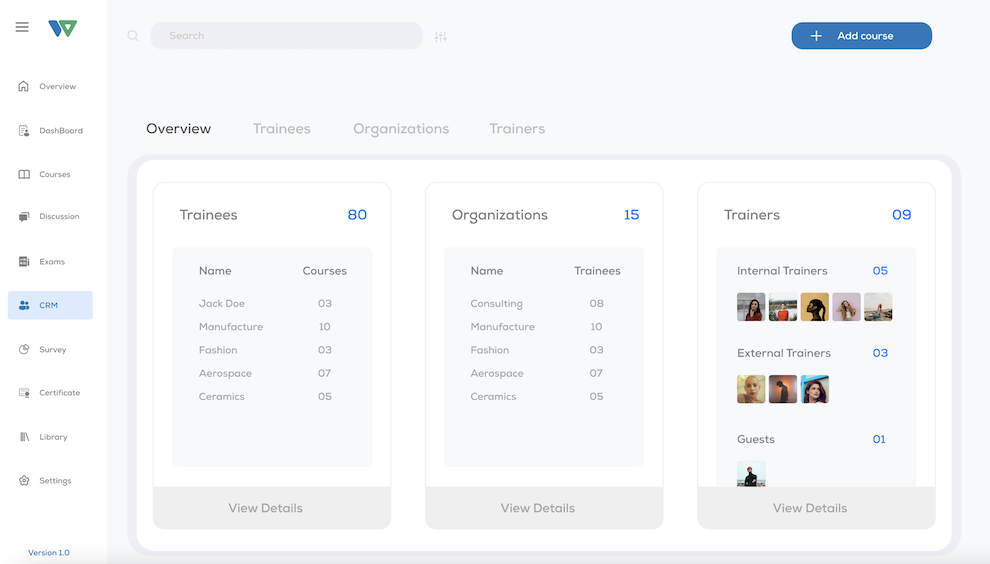Relational and Emotional Life Skills from the Perspective of Individual Development
The importance of effective communication and awareness
Today, it is rather enigmatic how various topics, ranging from medicine to economic, political and environmental aspects, are dissected into their most minute nuances. However, there is a tendency to neglect those variables that are fundamental to the community wellbeing which, personally, I like to describe as “social capital“.
The word “capital” is generally read and interpreted within the context of the economic sphere. Behind what we define as consumption or wealth, there is a multitude of pedagogical aspects linked to our “living well“. Individual well-being is often overlooked whilst greater importance is given to the speed and efficiency of production mechanisms. However, the quality of individual wellbeing and social relationships is the founding pillar upon which a specific common good is built: the “social capital”.
How? By allowing the individual to make their resources explicit, giving them a set of capabilities, i.e. dimensions within which individual talent and potential can be enhanced.
The terms “life” and “skill” are commonly used to indicate what an individual can know, understand, and perform (European Commission, 2016). Skills represent the pathway to prosperity and employability. In rapidly changing globalized economies, skills determine the ability to lead innovation and competitiveness. Not only they are the key determinants of the investment field, but they also contribute to the virtuous cycle of growth and job creation.

Firstly, it is appropriate to consider the quality of social relationships: if we build or maintain optimal relationships, it becomes then automatic to increase vital attributes such as self-confidence and a sense of optimism that surrounds everyone’s daily life. In this regard, if we consider the working environment, where the money is produced, relationships become one part of the motivational engine that directs the quality of various production mechanisms. What does it mean to “build good relationships“? The operational tool to be considered here is a simple dialogue. The ability to communicate is one among the set of Life Skills that allow us to establish deep bonds and relationships aimed at achieving reciprocity through communicative sharing and empathic mechanisms that are consequently generated.
Secondly, being aware of what we are made of, what satisfies us and what doesn’t, to be clear about our goals and resources (both human and material) that surround us or that we could achieve, contributes to having a well-rounded self-control, and to better our comprehension of the world and of the others among us. In this regard, it is appropriate to start with a process of reflection that begins within the self: to grasp someone’s perception, to describe, interpret and give them meaning. These are the emotional skills that help someone’s personality to emerge and to gain self-confidence and motivation to create solid social relationships and make life choices in line with our identities.
As for the concept of “personal resource”, the essential tool for increasing and developing someone’s skills is the educational capital. Education, when offered in collaborative and proactive environments, provides us with those tools that we can use to enrich our Life Skills, hence the abilities of life-management and well-being.
written by Benedetta Diegoli
translated by Manuel Corato

